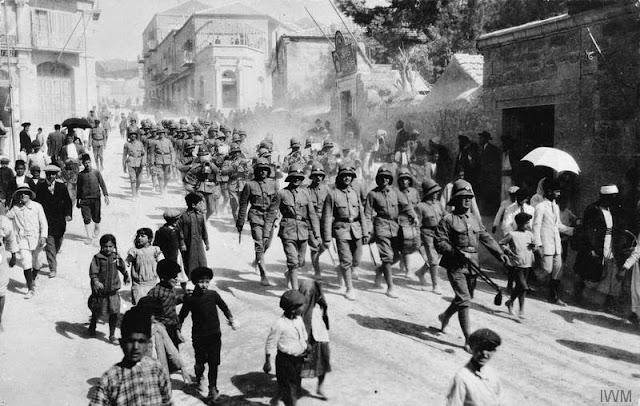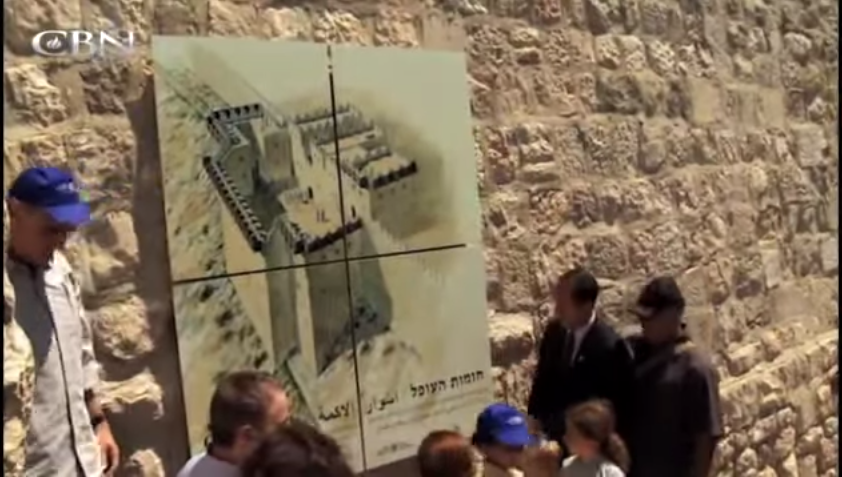Passover: God Will Not Abandon His People
Wednesday, April 01, 2015
JERUSALEM, Israel -- In just a few days, Jews in Israel and around the world will gather with family and friends to retell the story of their deliverance from slavery. As they observe Pesach (Passover) and the Feast of Unleavened Bread, many will turn their hearts toward God.
While everyone celebrates, Israelis soldiers will guard the northern and southern borders. In the north, Lebanon and Syria transfer weaponry across their borders, as Hezbollah fights alongside Bashar Assad's troops. In the south, the Hamas terror group openly speaks of Israel's destruction.
Meanwhile in Switzerland, the permanent members of the United Nations Security Council, the P5+1, are about to give Iran the green light toward nuclear weapons and regional dominance, though they're not explicitly saying it. Iran reportedly has not backed down from any of its "red lines," including all the components of uranium enrichment.
And in the Gaza Strip and Palestinian Authority-controlled cities in Judea and Samaria (the West Bank), leaders of the P.A.'s "unity" government praise acts of "resistance" against the Israeli "occupiers."
Instead of sitting down with Israel to come up with a workable solution, P.A. leaders travel around the world convincing others Israelis are the problem. And they've been pretty effective in Europe and other parts of the world.
The P.A. wants the international community to force Israel back to the 1948 armistice lines, once called "Auschwitz borders." It also involves uprooting more than 350,000 Israelis from their homes and communities.
In 2005, under then Prime Minister Ariel Sharon, the government bulldozed 21 thriving communities in the Gush Katif Settlement Bloc and four in northern Samaria, uprooting some 10,000 people. Instead of moving the peace process forward, Israelis were bombarded with thousands of rockets.
The story of how God brought the Israelites out of Egypt to the Promised Land is one of miracles, obedience, and blessing. At the center of everything is God's desire that people know who He is.
Not long after the multitude walked out of Egypt, they heard the rumble of Egyptian chariots. They felt the ground shaking. After a long trek on very little sleep, they came to a seemingly insurmountable barrier: the sea. They despaired, some crying out they would have been better off serving the Egyptians alive.
But God had a different plan and Moses knew He hadn't brought them this far to abandon them.
That message is as relevant today as ever. As the world spins rapidly out of control, God hasn't changed one whit.
That's why Moses instructs the people to teach their children what took place then and to observe Pesach from generation to generation.
"And you shall tell your son in that day, saying, 'This is done because of what the Lord did for me when I came up from Egypt.' It shall be as a sign to you on your hand and as a memorial between your eyes, that the Lord's law may be in your mouth; for with a strong hand the Lord has brought you out of Egypt. You shall therefore keep this ordinance in its season from year to year." (Ex. 13:8-10)
With today's challenges no less daunting, the recounting of the exodus can help people remember that God has not and will not abandon them either.




















